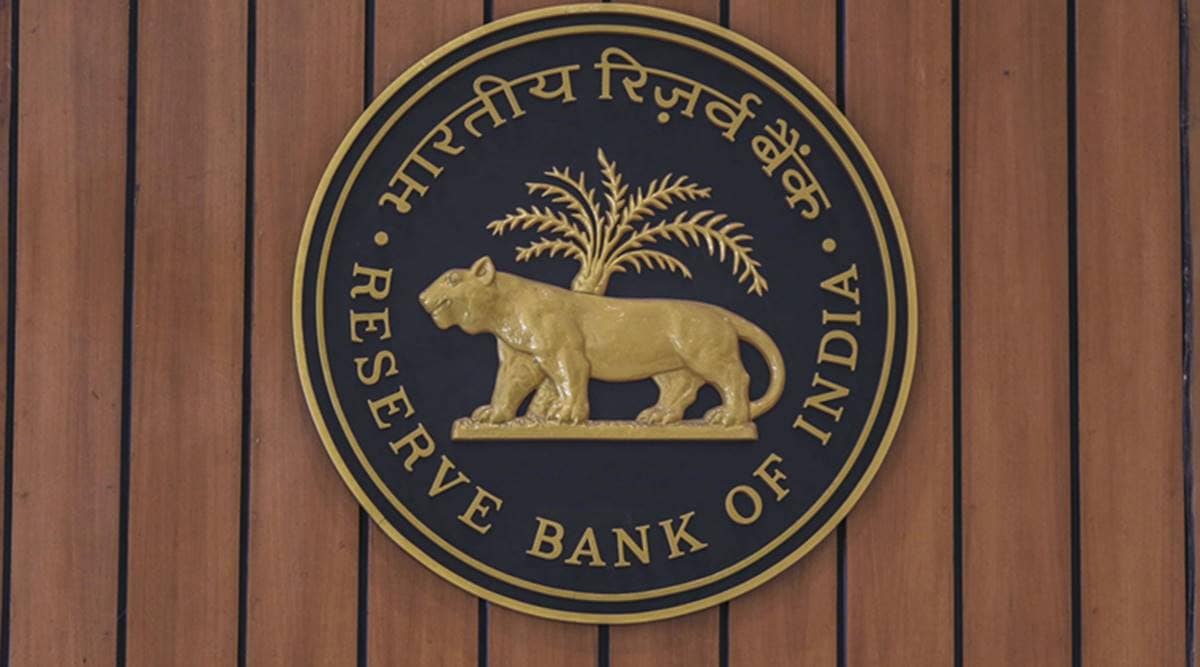Exciting Partnership: Swiggy and HDFC Bank Join Forces to Launch Co-Branded Credit Card

Exciting Partnership: Swiggy and HDFC Bank Join Forces to Launch Co-Branded Credit Card
According to reports, Swiggy is planning to collaborate with HDFC Bank to launch a co-branded credit card. This move would bring Swiggy into the growing trend of various e-commerce platforms, such as Flipkart, Myntra, and Paytm, offering their co-branded credit cards.
The partnership with HDFC Bank suggests that the card will likely be powered by Mastercard, although official details are yet to be announced. This strategic move by Swiggy aims to enhance customer loyalty and engagement by providing additional benefits and rewards through the co-branded credit card.

As part of its strategy, Swiggy is reportedly planning to offer flat discounts and exclusive offers to users who make use of its co-branded credit card for its hyperlocal delivery services. This means that customers who use the credit card for their Swiggy orders may be eligible for special discounts and benefits.
Additionally, Swiggy may extend discounts on its restaurant bill payment service, Dineout, providing cardholders with further savings and incentives. These initiatives aim to incentivize customers to use the Swiggy credit card and enhance their overall experience with the platform.
The introduction of the co-branded credit card is expected to serve as an additional revenue stream for Swiggy. While the company has stated profitability in its core food delivery business, it has reportedly been incurring significant losses in its Instamart business. According to a recent report by TechCrunch, Swiggy’s Instamart venture, which focuses on hyperlocal grocery deliveries, is burning approximately $20 million per month.
By launching the co-branded credit card, Swiggy aims to generate revenue through card usage, transaction fees, and potential partnerships with other merchants. This move can help offset the losses incurred by Instamart and contribute to the overall financial sustainability of the company.

The co-branded credit card initiative aligns with Swiggy’s strategy to diversify its offerings and expand its presence in the market. It allows Swiggy to leverage its customer base and provide additional value to users while simultaneously driving revenue growth. By partnering with HDFC Bank and utilizing the network of Mastercard, Swiggy aims to tap into the growing trend of co-branded credit cards and establish a stronger foothold in the financial services sector.
Swiggy is entering the co-branded credit card market later than its competitor, Zomato. Zomato launched its co-branded credit card in partnership with RBL Bank back in 2020. However, Zomato decided to shut down its credit card offering in April 2023, after almost three years of operation.
The decision to discontinue the co-branded credit card could have been influenced by various factors, including the overall performance of the card, customer adoption, and market dynamics. It is worth noting that the credit card industry is highly competitive, and not all ventures in this space achieve long-term success.
Despite Zomato’s exit from the credit card market, Swiggy seems to see potential in offering its co-branded credit card. By partnering with HDFC Bank and leveraging its customer base, Swiggy aims to tap into the financial services sector and create new opportunities for revenue growth. Only time will tell how Swiggy’s credit card venture will fare in the market and whether it can effectively differentiate itself from its competitors.

According to the sources cited by ET, Swiggy is indeed aiming to take advantage of the opportunity created by Zomato’s exit from the co-branded credit card market. With Zomato discontinuing its credit card offering, Swiggy sees an opportunity to fill the void and capture market share.
The report suggests that Swiggy has been actively working on its co-branded credit card partnership since early last year. This indicates that the company has been investing significant time and resources in developing the necessary infrastructure and partnerships to launch the product. Swiggy has reportedly set up a dedicated tech team to handle the banking integrations required for the credit card offering.
By launching its co-branded credit card, Swiggy aims to strengthen its position in the food-tech industry and expand its revenue streams. The company recognizes the potential of offering financial services to its large customer base and is making efforts to launch the product quickly.
It will be interesting to see how Swiggy’s entry into the co-branded credit card market unfolds and how it competes with other players in the space.
The Reserve Bank of India (RBI) has imposed certain restrictions on co-branded credit cards to ensure the protection of customer data and maintain the integrity of the financial system. As per the RBI guidelines, co-branding partners are now limited to acting solely as sourcing channels for banks. This means that the co-branding partner, in this case, Swiggy, will primarily be responsible for acquiring customers and facilitating the credit card application process.

While the restrictions may impact the level of collaboration and data sharing between Swiggy and HDFC Bank (the reported partner for Swiggy’s co-branded credit card), it is a measure taken by the RBI to maintain a secure and transparent credit card ecosystem.
Swiggy’s strategic moves, such as the launch of Maxx and Minis, indicate the company’s expansion beyond its core food delivery business and its ambition to become a comprehensive online marketplace. By diversifying its offerings, Swiggy aims to tap into new revenue streams and capture a wider customer base.
The introduction of Maxx, a platform for various non-food products, allows Swiggy to leverage its existing logistics infrastructure and delivery network to offer a range of home and kitchen appliances, electronics, and other products. This move enables Swiggy to cater to customers’ needs beyond food, providing convenience and a one-stop shopping experience.
Additionally, the launch of Minis, a vertical marketplace for niche direct-to-consumer (D2C) brands, aligns with the growing demand for unique and specialized products. By curating and featuring these brands on its platform, Swiggy expands its product range and caters to customers looking for exclusive offerings.
Swiggy’s decision to divest certain business verticals, such as Handpicked and Access, along with the layoffs, suggests the company’s focus on streamlining its operations and optimizing its resources. By letting go of non-core businesses and reducing the workforce, Swiggy aims to enhance its operational efficiency and allocate resources to areas with higher growth potential.

The report by Motilal Oswal projecting a flat GMV growth for Swiggy in the second half of 2022 indicates a potential slowdown in the company’s growth trajectory compared to the first half of the year. This estimate is based on the projected Gross Merchandise Value (GMV), which represents the total sales value of goods and services transacted through the platform. The report also suggests that Zomato, a key competitor in the food delivery market, may surpass Swiggy in terms of market share.
The estimated market share figures indicate that Zomato has maintained a larger market share compared to Swiggy in the second half of 2022. With a projected GMV of $1.6 billion, Zomato held a 56% market share, while Swiggy’s estimated GMV of $1.3 billion translated to a slightly smaller market share.
Furthermore, the markdowns in Swiggy’s valuation by investors like Invesco and Baron Capital have resulted in a decrease in its overall valuation. The markdowns have brought Swiggy’s valuation down to $5.5 billion and $6.5 billion, as reported. This decline in valuation has caused Swiggy’s valuation to dip below that of Zomato, which has experienced a surge in its valuation due to positive performance in the stock market.
These developments highlight the competitive landscape and fluctuations in valuations within the food delivery industry. The shifting dynamics between Swiggy and Zomato, both in terms of market share and valuation, underscore the challenges and dynamics of the sector.




